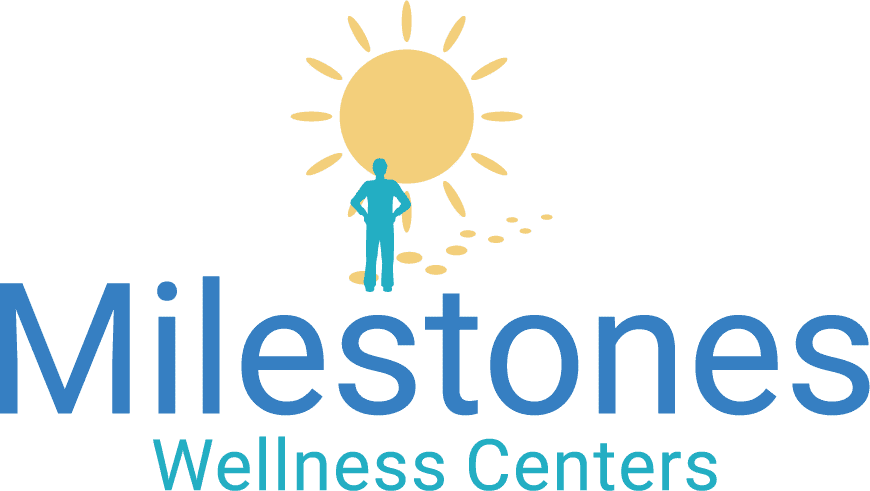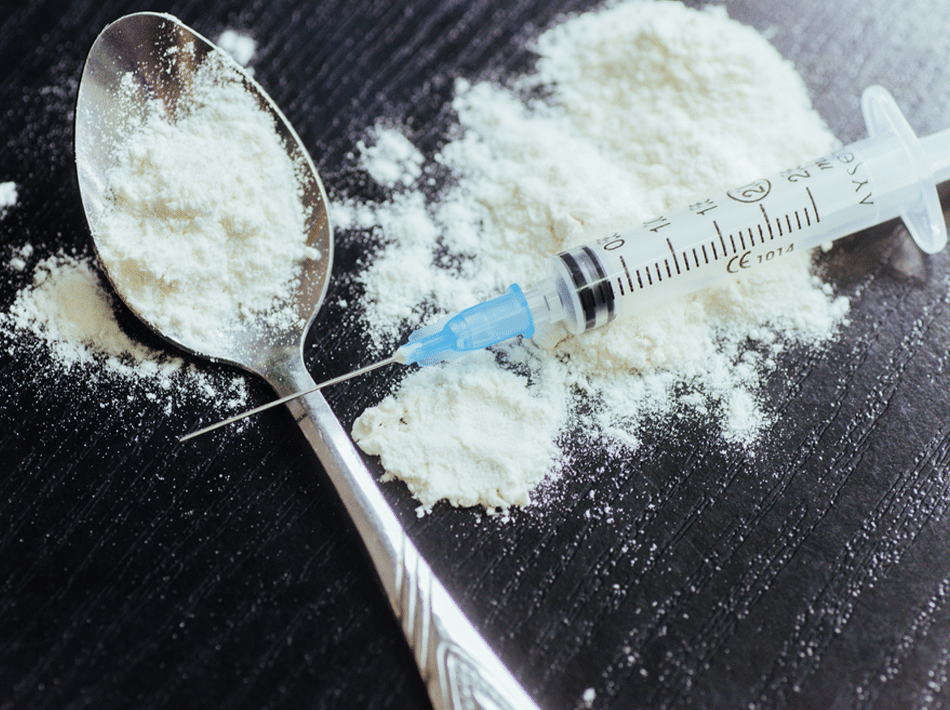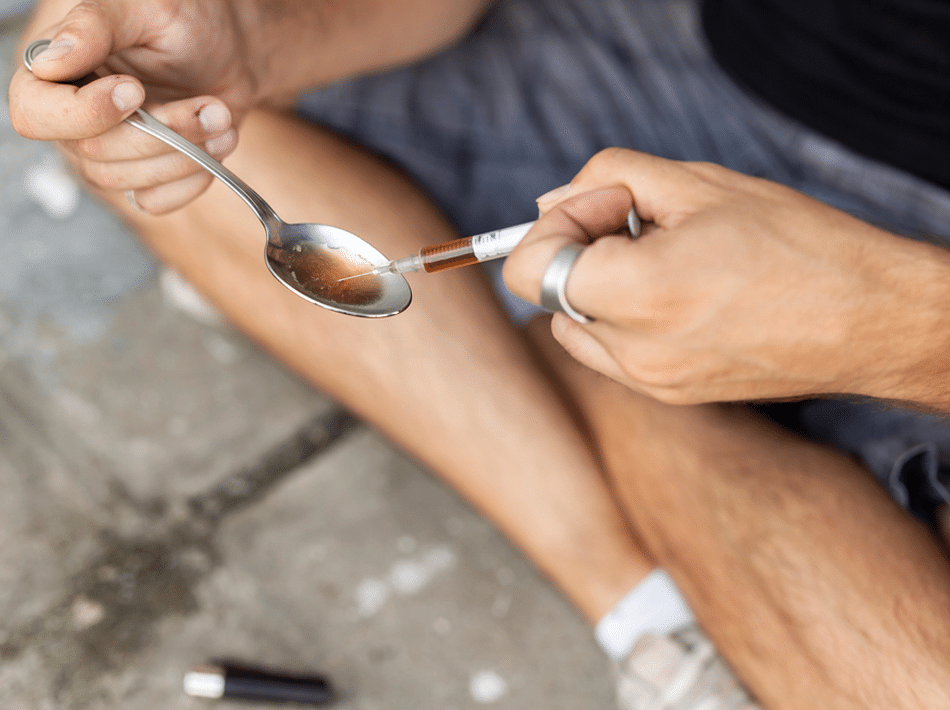Addiction relapse is a serious problem that can have a major impact on an individual’s life and can be even more difficult to overcome than the initial addiction. It can lead to unemployment, legal problems, financial problems, and health problems. It’s a serious problem, but it is one that can be overcome with treatment and support. With the right help, addiction relapse does not have to be a permanent part of your life. Relapse rates are high, but so are addiction recovery rates.
How Relapse Happens
There are many factors that can contribute to addiction relapse. Some of these include:
Stress: Stress is a major trigger for addiction relapse. When people are under a lot of stress, they may turn to drugs or alcohol as a way to cope. This can lead to a downward spiral that can be difficult to break out of.
Boredom: People who are bored are more likely to turn to drugs or alcohol as a way to pass the time. This can lead to addiction relapse if not managed properly.
Depression: Depression is another major trigger for addiction relapse. When people are depressed, they may turn to substance abuse as a way to numb their emotions and escape their mental anguish.
Anxiety: Anxiety can also be a trigger for addiction relapse. When people are anxious, they may turn to drugs or alcohol as a way to cope with their anxiety.
Triggers: There are many other factors that can trigger addiction relapse, such as social pressures, relationship problems, financial problems, and so on. It is important to be aware of your triggers and to have a plan in place to avoid them.
Relapse Prevention
There are a variety of methods you can use on your journey to sobriety that can help prevent a relapse. Some of these include:
Building a support network: It is important to have people in your life who you can rely on for support. These people can help you stay on track and can provide you with the motivation you need to stay sober.
Attending therapy: Therapy can be a great way to address the underlying issues that may be contributing to your addiction. It can also help you develop healthy coping mechanisms to deal with stress and other triggers.
Participating in group counseling: Group addiction counseling can be a great way to get support from others who are dealing with addiction. These programs can provide you with accountability and help you stay on track.
Identifying your triggers: As we mentioned before, it is important to be aware of your triggers and to have a plan in place to avoid them. Your support network and your therapist can work with you to map these out and establish a plan to tackle them when they arise.
Making lifestyle changes: Healthy lifestyle choices can make a big difference in preventing relapse. Eating healthy, exercising, getting enough sleep, and avoiding drugs and alcohol can help you stay sober.
Milestones Wellness Centers Can Help
Opioid addiction relapse is a serious problem that affects millions of people worldwide. If you or someone you know is struggling with opioid addiction, it’s important to seek help as soon as possible. Relapse is common in opioid addiction, but it’s not inevitable. We offer a variety of services designed to help people struggling with opioid addiction, including detoxification, counseling, and medication-assisted treatment. If you would like to learn more about our services or how to prevent relapse, we encourage you to reach out to us. We are here to help, and we are committed to providing the best possible care for our clients.





